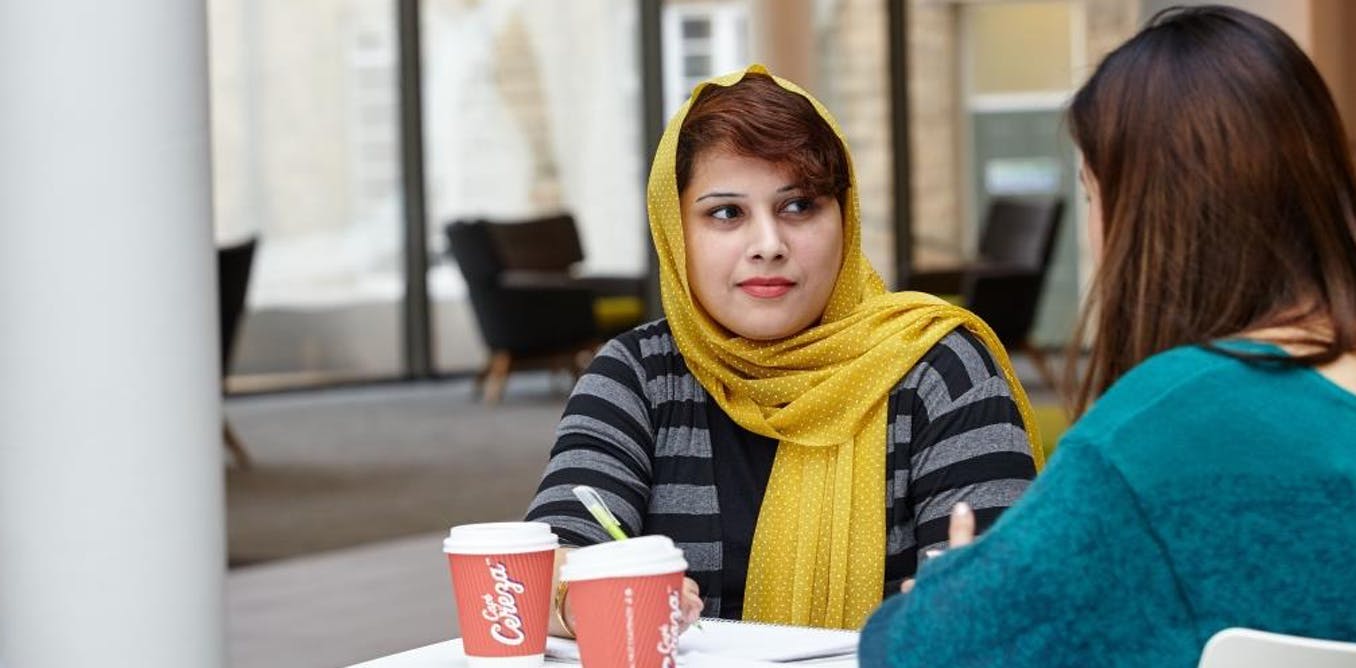This article is a second episode for the article published earlier under the title: Bullying, Islamophobia: How to Address Challenges Facing Young Muslims
LONDON – One of the biggest challenges facing British Muslims is finding ways to be involved more in society.
Up until now, this form of inclusion is based on common values of faith firmly entrenched in more than a hundred professional Muslim networks established across major cities in the UK.
However, even within these networks, some British Muslims who are less traditional do not find the same space to be involved and participate. Their identity is being defined not by who they are, but who they are expected to be.
In one example, an executive in a financial institution, who wishes to remain anonymous, mentioned that while there is an active Islamic society and network within her firm, she does not interact with it as while she identifies as a Muslim, she doesn’t fit the ‘stereotypical’ mould of who a British Muslim woman should be.
So as we talk about peer pressure, abuse, drugs, bullying, etc. faced by children at school, the freedom to have our individual identities is often limited when traditionally and culturally we are expected to meet certain societal norms, but we do not.
In another example, a British Muslim woman who works in the entertainment industry lives a double life. At home with her family, she covers her hair, outside away from her family she does not. When photographs are taken, she will quickly throw on a headscarf so as to ensure that her parents do not see her without hijab.
The British Muslim identity struggle – whether you wear a hijab or do not wear a hijab, whether you have a beard or do not have a beard, whether you eat halal food or do not eat halal food – is very real.
From what is taught at a young age, to the freedom and agency provided by the society in which we live, certain expectations are set, often from a very young age, but whether battling internally with identity or externally with identity, this is part of every person’s individual journey.

City Circle Saturday School
Away from the holistic approach to faith, integration, and life, practical solutions are being delivered.
The City Circle, an organization which provides networking for British Muslims in London, has a number of programs that reach out to the wider Muslim community. In specific, two Saturday schools.
With up to 30 volunteer teachers, at two locations, they provide educational support to children, as well as provide them with a space to interact with other Muslims and non-Muslims in another safe environment. Such is their success, that they have over 100 children on their waiting list.
Beyond traditional State or Private schooling, adults and children are involved in community activities across the board, as a means to build relationships, create safe spaces and allow both to grow in a positive way.
Populism is a very real threat both in the US as well as here in the UK, but these movements alone are not responsible for the hardships and challenges faced by children and adults.
British Muslims contribute £31 billion each year to the UK economy and 95% of British Muslims feel loyalty to the UK.
We are very much part of society and like the majority of people, we look to create a productive environment where all of us can flourish. Culturally, in some areas, values may differ, but understanding diversity, providing education, creating opportunities for the young and the old, ensuring that freedom of choice allows our individual spirits to flourish.
It is this that will ensure that along with our neighbors, from a young age to adulthood, all of us can be prosperous together.